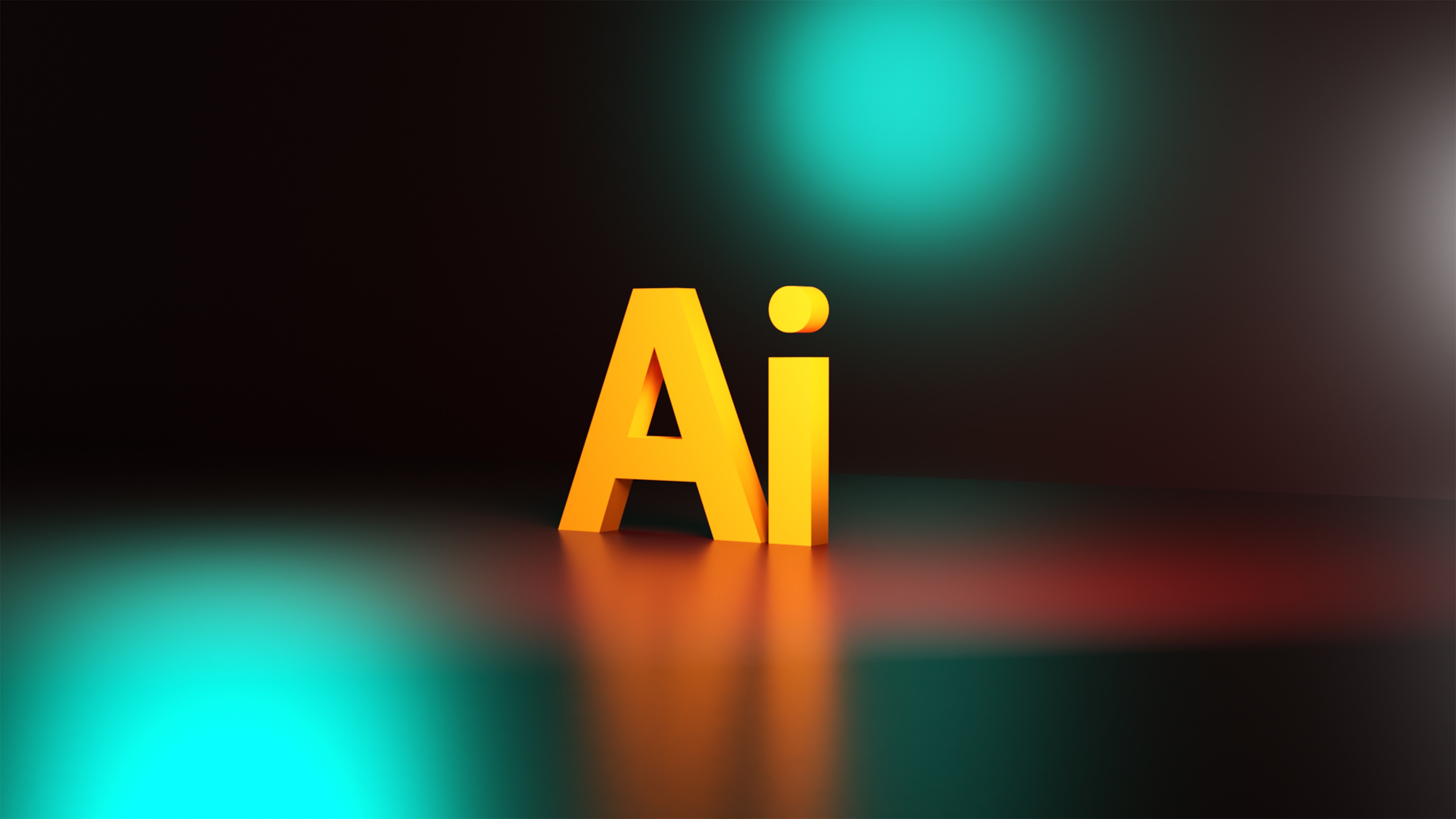The idea of AI surpassing humans and becoming the dominant species is a fascinating concept that has captured the imagination of many. However, upon delving deeper into the workings of AI, it becomes evident that it lacks the inherent qualities that make humans truly remarkable. While AI has the potential to assist and enhance our lives significantly, it is highly unlikely to replace us. Let's explore the reasons behind this assertion.
One of the remarkable traits that humans possess is adaptability. From the moment we are born, our brains start absorbing information, learning from our experiences, and adjusting our behavior accordingly. AI, on the other hand, requires extensive training on specific tasks and relies on vast amounts of data to perform accurately. Even after training, modifying an AI's path or thought process is a monumental task, often requiring reprogramming from scratch. The rigidity of AI systems limits their ability to adapt and respond to novel situations, a skill that comes naturally to humans.
Communication forms the backbone of human interaction, and we convey our thoughts, ideas, and emotions through various means. However, communicating effectively with AI poses a significant challenge. Even if we were to learn the intricacies of how AI comprehends human communication, there is no guarantee that it will interpret our instructions accurately. Renowned physicist Stephen Hawking once suggested that reality is a construct of our minds, and if that holds true, understanding how AI perceives and interprets our commands becomes even more complex. Human communication encompasses subtle nuances, contextual understanding, and even unspoken social norms, making it difficult for AI to grasp our intentions fully.
Morality and ethics further complicate the prospect of AI replacing humans. The interpretation of what is right and wrong varies even among individuals with shared values. Societal norms, which are not always explicitly defined by written laws, influence our communication and decision-making processes. AI lacks the inherent moral compass that humans possess, making it challenging for them to navigate the intricate web of ethical dilemmas. While we can program AI with certain rules and guidelines, it is difficult to encapsulate the complexity of human morality within a set of rigid algorithms.
Moreover, humans possess an innate creative and emotional capacity that sets us apart from AI. The ability to think critically, explore new ideas, and generate novel solutions is a fundamental aspect of our being. While AI can mimic certain creative tasks to a certain extent, it lacks the deep-seated emotions and imaginative capabilities that fuel our artistic endeavors, scientific breakthroughs, and innovative thinking.
In conclusion, while AI undoubtedly has the potential to revolutionize our lives and augment our capabilities, the idea of it surpassing humans as the dominant species seems far-fetched. Our adaptability, nuanced communication, moral reasoning, and creativity are deeply ingrained qualities that set us apart. Rather than being replaced, humans and AI are more likely to coexist symbiotically, with AI serving as a powerful tool to assist and empower us in various domains. Embracing this partnership will unlock new frontiers of progress and enhance our collective potential in ways that we have yet to fully comprehend.


Login to join the discussion